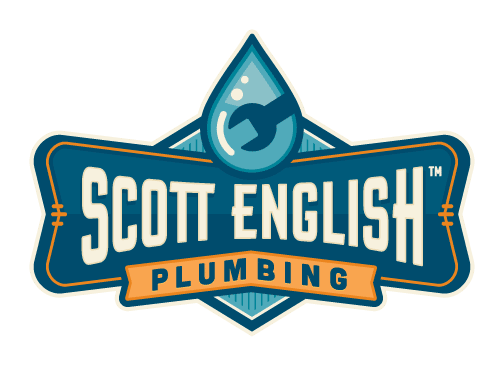Universal Design in the Bathroom: Helping the Elderly
You may not have heard of Universal Design, but you certainly have seen it. Universal design is a term that is used for anything that is designed for everyone. This means that a product with universal design can be used by a young person, elderly person, handicapped person, or fully functioning person.
Who Needs Universal Design
Universal design is of vital importance for families who need handicap-accessibility and for families who want their elderly parents to be able to live comfortably in their homes. Most homes are not crafted with universal design in mind, so remodels are usually necessary. Fortunately, as more elderly adults want to gracefully age in their homes, universally designed products are much easier to add to homes than they were in the past.
Commonly Installed Bathroom Fixtures
These are some of the commonly used products that are added to bathrooms to provide universal design. Some of these products can be installed by homeowners, but there are several that need to be installed by professional plumbers like the ones at Scott English Plumbing. After installing these features, elderly adults are less likely to fall because bathrooms are safer. Our plumbers and experts can help you pick the perfect products to help keep your elderly relative safe in their own homes. Here are a few products that we advise for universal design:
Grab Bars:
These can be installed for any fixture that requires a transition. They are often installed next to showers, tubs, and toilets to make moving from sitting to standing and vice versa a safe procedure. They come in different styles and finishes so they look great in the bathroom without looking institutional.
Safety Tiles:
The floor you choose can create a safety hazard, which is why manufacturers have begun selling non-skid bathroom tiles. These are rougher surfaced, but not uncomfortable. They are designed so wet feet can grip the floor rather than skid across it after a bath or shower.
ADA Toilets:
The Americans with Disability Act (ADA) inspired manufacturers to create full product lines that are safe for everyone to use. The ADA toilets are usually Bslightly higher – about 2 or 4 inches higher than a traditional toilet. This added height makes it easier for less flexible adults to make the transition from sitting to standing. ADA toilets look and function the same as traditional toilets.
Low-curb Showers:
If you have ever stubbed your toes getting in and out of the shower, you know the troubles with shower curbs. Low-curb and curbless showers are popular with elderly adults who use walkers or who might even need to use a wheelchair. They are also popular simply because there is nothing to step over to get into the shower. Our plumbers can help with installing accessories to keep the shower water from leaving the shower area.
Walk-in Tubs:
Like a low-curb shower, walk-in tubs are specialty products that make it easier for people to get in and out. The tubs come with a door so the bather does not have to step over a high wall. Walk-in tubs greatly improve accessibility and they allow for therapeutic baths.
Hand-held shower heads:
Whether you install a low-curb shower, a walk-in tub, or you keep your fixtures in place, you can always add a hand-held shower head. These allow for more accessibility in the shower, especially for users who cannot stand up for long periods of time and for bathers who need to sit on a bench.
Single control tub valves and thermostatic showers:
With a simple installation, elderly adults will no longer need to worry about being scalded by hot water. These single control values keep the temperatures at a desirable temperature and they will not allow the water temperature to go past the set degree.
Barrier-free sinks:
Most sinks do not have room for the knees of a person who needs to use a wheelchair. Barrier-free sinks come in so many designs, from pedestal to wall mounted, so you can get the exact look you want in your bathroom with the accessibility for a wheelchair.
When you need any changes made to your bathroom accessibility, contact us at (714) 987-9801 or (949) 293-2037 or through our online form.
